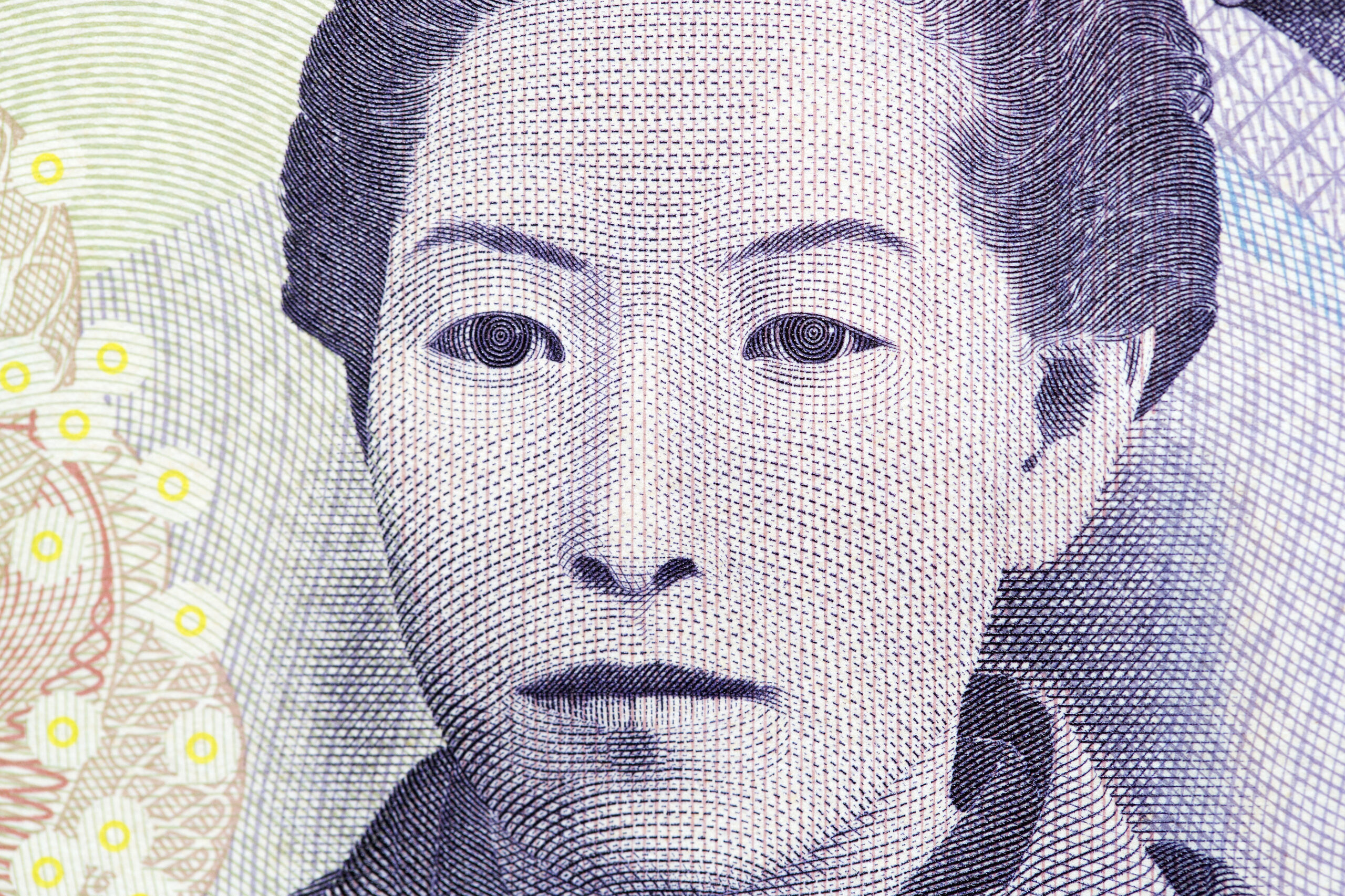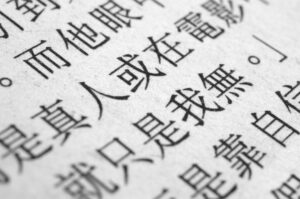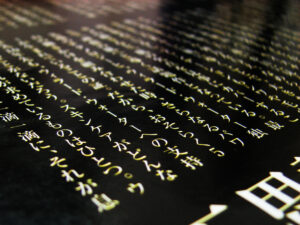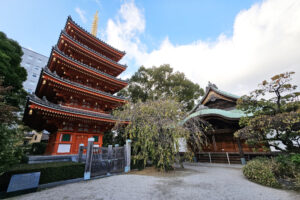In the pantheon of Japanese literature, few figures shine as brightly yet as subtly as Natsuko Higuchi, whose pioneering work in the Meiji era not only carved a niche for female writers in Japan but also laid the groundwork for modern Japanese literature. Higuchi’s life, marred by financial instability and societal constraints, blossomed into a profound literary career that challenged the era’s gender norms and explored themes of class disparity, love, and the fleeting nature of life. As we delve into the legacy of Natsuko Higuchi, we uncover the enduring influence of her work on both Japanese culture and the wider world of literature.
Unveiling Natsuko Higuchi: Pioneer of Japanese Literature
Natsuko Higuchi, better known by her pen name Ichiyō Higuchi, emerged as a beacon of literary brilliance during the late 19th century, a period when Japan was undergoing rapid modernization. Higuchi’s works, characterized by their lyrical prose and deep emotional resonance, marked a significant departure from the male-dominated literary scene of her time. Her unique voice and perspective introduced readers to the intricate lives and struggles of women, making her a pioneering figure in Japanese literature. Higuchi’s contributions were revolutionary, providing a female perspective in a predominantly male literary landscape and paving the way for future generations of women writers.
Tracing the Roots: Higuchi’s Early Life and Challenges
Born in 1872 in Tokyo, Higuchi’s life was a testament to resilience in the face of adversity. The sudden death of her father plunged the family into financial hardship, forcing Higuchi to abandon her formal education. Despite these challenges, she pursued self-education, drawing inspiration from classical Japanese and Chinese literature. Higuchi’s early experiences of poverty and societal constraints deeply influenced her writing, imbuing her stories with a poignant sense of realism and empathy for the downtrodden.
Pen to Paper: Higuchi’s Journey into Writing
Higuchi’s entry into the world of writing was marked by her determination to support her family while expressing her literary talents. Initially writing under a male pseudonym, she faced rejection and criticism but persevered, eventually gaining recognition for her distinct style and keen social observations. Her stories, often serialized in literary magazines, captivated readers with their detailed portrayals of life in the Meiji era, focusing on the complexities of human emotions and social hierarchies.
Breaking Barriers: Higuchi’s Fight Against Gender Norms
In an era when women were expected to remain in the domestic sphere, Higuchi’s success as a writer was a defiant challenge to the gender norms of her time. She navigated the literary world with grace and determination, breaking barriers for female authors. Higuchi’s writings often featured strong female protagonists who struggled against societal expectations, reflecting her own encounters with gender discrimination. Through her work, Higuchi advocated for greater recognition of women’s intellectual and creative capabilities.
A Literary Genius: Exploring Higuchi’s Signature Works
Among Higuchi’s most celebrated works are "Takekurabe" (Child’s Play) and "Nigorie" (Troubled Waters), which masterfully depict the lives of people in Tokyo’s lower classes with sensitivity and depth. Her stories are lauded for their psychological depth, lyrical beauty, and intricate portrayal of the human condition. Higuchi’s ability to weave social critique into her narratives, without sacrificing the emotional integrity of her characters, has cemented her status as a literary genius.
Themes and Motifs: Decoding Higuchi’s Literary World
Higuchi’s stories are rich with themes of love, loss, and the struggles of the underprivileged, set against the backdrop of Japan’s transition from feudalism to modernity. Her writing delves into the complexities of human relationships, the constraints of societal roles, and the fleeting nature of life and happiness. Higuchi’s nuanced exploration of these themes, coupled with her poetic language and vivid imagery, offers readers a window into the soul of Meiji Japan.
The Cultural Impact of Higuchi’s Writings in Japan
Higuchi’s literary contributions have left an indelible mark on Japanese culture. Her works have inspired countless adaptations in film, television, and theatre, bringing her stories to new generations. Higuchi’s exploration of societal issues remains relevant, resonating with readers who navigate the complexities of modern life. As a symbol of resilience and creativity, Higuchi continues to inspire Japanese society, reminding us of the power of literature to effect change.
Beyond Borders: Higuchi’s Influence on Global Literature
Though deeply rooted in the Meiji era’s societal context, Higuchi’s themes of human emotion, social inequality, and the quest for belonging have universal appeal. Her works have been translated into several languages, allowing her insights into the human condition to transcend cultural and temporal boundaries. Higuchi’s literary achievements have positioned her as a significant figure in world literature, highlighting the global relevance of Japanese cultural and literary expressions.
Remembering Higuchi: Monuments and Museums in Her Honor
Japan honors Natsuko Higuchi’s legacy through various monuments and museums dedicated to her life and work. The Higuchi Ichiyō Memorial Museum in Tokyo serves as a testament to her literary contributions, offering insights into her writing process, historical context, and personal struggles. Additionally, her image graces the Japanese 5000 yen note, a rare recognition that cements her status as a cultural icon and pioneer in Japanese literature.
Higuchi’s Legacy: Teaching Future Generations
Higuchi’s works are a staple in Japanese education, introducing students to the richness of Meiji-era literature and the complexities of human experiences. Through her stories, educators teach critical thinking, empathy, and the importance of challenging societal norms. Higuchi’s legacy as a trailblazer and literary genius continues to inspire future writers and thinkers, highlighting the enduring power of literature to illuminate the human condition.
Literary Awards and Recognitions Posthumously Awarded
Despite her brief life, Higuchi’s literary contributions have been recognized with numerous awards and honors. Posthumously, her work has received critical acclaim, solidifying her position as one of Japan’s most important literary figures. Literary societies and organizations continue to celebrate Higuchi’s achievements through awards and events that recognize exceptional contributions to Japanese literature, keeping her spirit alive in the literary community.
Preserving Higuchi’s Legacy: Challenges and Opportunities
As we move further away from the Meiji era, preserving Higuchi’s legacy presents both challenges and opportunities. Digitalization offers new avenues for introducing her work to global audiences, while literary scholars and enthusiasts work tirelessly to keep her stories and their messages relevant. The challenge lies in maintaining the delicate balance between honoring Higuchi’s historical context and interpreting her themes for contemporary society. However, the universal qualities of her writing ensure that Higuchi’s legacy will continue to inspire and resonate with readers around the world.
Natsuko Higuchi’s journey from a struggling writer to a celebrated pioneer of Japanese literature is a powerful testament to the enduring impact of her work. Through her vivid storytelling and exploration of deep societal issues, Higuchi has left an indelible mark on the literary world, challenging gender norms and offering profound insights into the human experience. As we remember Higuchi through monuments, museums, and her inclusion in the educational curriculum, her legacy continues to inspire future generations. In preserving and celebrating Higuchi’s contributions, we recognize the timeless nature of her work and its capacity to enlighten, challenge, and move us, transcending the boundaries of time and culture.








